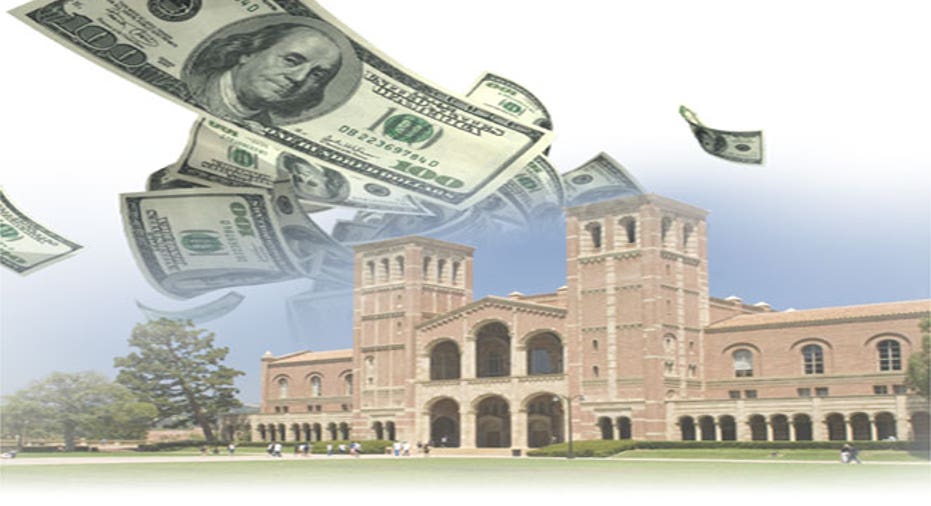They Divorced, He Died, She's Stuck With His $40K Student Loan

Dear To Her Credit,
My husband committed suicide five years ago. We divorced a few months before he died. He had multiple outstanding student loans, including a $40,000 loan to Sallie Mae, which he forced me to co-sign. (He was abusive to me throughout our marriage.) Sallie Mae expects me to pay this debt. I don't feel it's my debt. According to the divorce decree, he was responsible for all his student loans. He had at least $400,000 in life insurance, but I was not the beneficiary. I did get left about $50,000, but that was used to pay off other debts incurred during the marriage, not Sallie Mae. Any thoughts or advice? Thank you.
- Jan
Dear Jan,
The agreement in the divorce decree is not binding on the lending party. In their view, you are still a co-borrower and equally responsible for the debt. Don't give up, however. You may still be able to have the debt discharged based on the circumstances of your case.
Mark Kantrowitz, senior vice president and publisher of Edvisors Network and author of "Filing the FAFSA," says, "In early 2009, Sallie Mae introduced a death discharge clause on new loans. If the borrower dies, the remaining debt is canceled. "Whether this affects your late husband's loans depends on when he took out the loans. If it were after death discharge were introduced, all she would do is provide Sallie Mae with a death certificate."
If the loans were obtained before those rules were introduced, you'll need to contact Sallie Mae and explain your case.
Kantrowitz says, "Contact Sallie Mae directly and ask to speak to someone about their compassionate review process. Every lender has a compassionate review process." Be sure to provide the details of your story, including that you were coerced in to signing these loans, you got divorced, and then he committed suicide, leaving you with this debt burden.
There's no federal requirement for Sallie Mae to cancel the debt. It's entirely up to the agency. However, student loan lenders have received some negative publicity recently for cases in which the student has died, leaving a co-signor with the debt, such as the famed Chris Bryski story. More student loan lenders in recent years have been discharging debt on the death of the student.
"Make sure she's talking to the right person at the corporate office -- not the collections office," says Kantrowitz. "She should talk to an ombudsman." It's not guaranteed, but Kantrowitz thinks there's a good chance Sallie Mae will do something about this debt.
If the debt is forgiven by Sallie Mae, that may not be the end of your problems. Strange as it may seem, if this debt is cancelled, the IRS treats the canceled debt as income to you. It doesn't matter that you never received the money or any benefit from it. If you get a Form 1099-C, Cancellation of Debt, you'll owe tax on the canceled debt.
If you were insolvent when the debt was canceled, in other words if including this debt you had more debts than assets, some or all of the cancelled debt may be nontaxable. You may want to get a CPA or other qualified tax professional to help you. The tax on $40,000 of canceled debt could be significant, especially if you have other income.
If you're not insolvent when the debt is canceled, you may find yourself with a large tax bill that's due all at once, instead of a student loan that was due in installments. "It's lower than the loan," says Kantrowitz, "but it's still a debt. Sometimes the tax debt is just as difficult for the person to pay as the loan debt."
Your CPA or other tax professional may help you plan your tax strategy to minimize the damage, or to set up installment payments on your tax bill, if necessary.
This is a terrible situation. As in most situations where a person is in trouble due to no fault of their own, however, help is available if you look for it. Don't delay any longer: Contact Sallie Mae and tell them your story. The sooner this is resolved, the sooner you can move on with your life.
See related: Mom co-signed, now stuck with student loan payments, Restoring credit after student loqan default



















